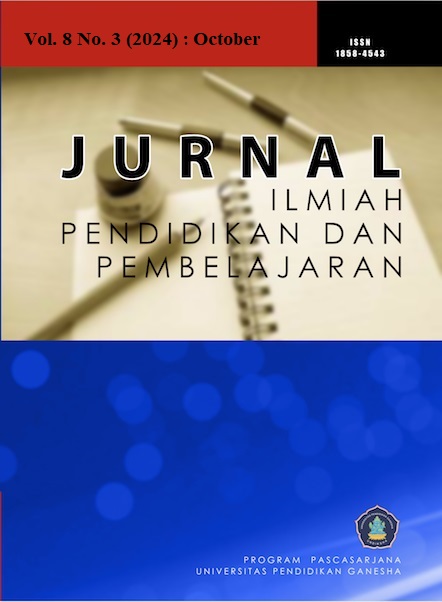RPG Game “The English Kingdom” In English Learning
Keywords:
ADDIE, Game, Role Playing Games, GamificationAbstract
English language learning is an increasingly important need in the era of globalization, considering the role of this language as a means of international communication. However, students often consider conventional learning methods less enjoyable, especially at the secondary education level, thus reducing learning motivation and competency achievement. Gamification has been highlighted as an innovation that has increased student engagement in learning. This study attempts to integrate gamification into RPG game-based learning media that is feasible to use. This study aims to analyze the effectiveness of using The English Kingdom game in improving students' English skills, especially in vocabulary, grammar, and speaking. This type of research is development research. The subjects involved in this study were class VIII. The data collection method used was observation with quantitative data analysis. The RPG game product "The English Kingdom" was developed using the ADDIE model. The RPG game product was considered good and feasible based on expert, student and teacher assessments. Overall, the study results showed that the RPG game "The English Kingdom" achieved very good criteria, so it was concluded that the product development of this research was very feasible to be applied in learning. This study's implications are expected to contribute significantly to the development of technology-based interactive learning media, especially in English language learning.
Published
How to Cite
Issue
Section
License
Copyright (c) 2024 Ketut Priadnyana Subakti Subakti, I Made Tegeh, I Gde Wawan Sudatha

This work is licensed under a Creative Commons Attribution-ShareAlike 4.0 International License.
Authors who publish with the Jurnal Ilmiah Pendidikan dan Pembelajaran (JIPP) agree to the following terms:
- Authors retain copyright and grant the journal the right of first publication with the work simultaneously licensed under a Creative Commons Attribution License (CC BY-SA 4.0) that allows others to share the work with an acknowledgment of the work's authorship and initial publication in this journal.
- Authors are able to enter into separate, additional contractual arrangements for the non-exclusive distribution of the journal's published version of the work (e.g., post it to an institutional repository or publish it in a book), with an acknowledgment of its initial publication in this journal.
- Authors are permitted and encouraged to post their work online (e.g., in institutional repositories or on their website) prior to and during the submission process, as it can lead to productive exchanges, as well as earlier and greater citation of published work. (See The Effect of Open Access)










